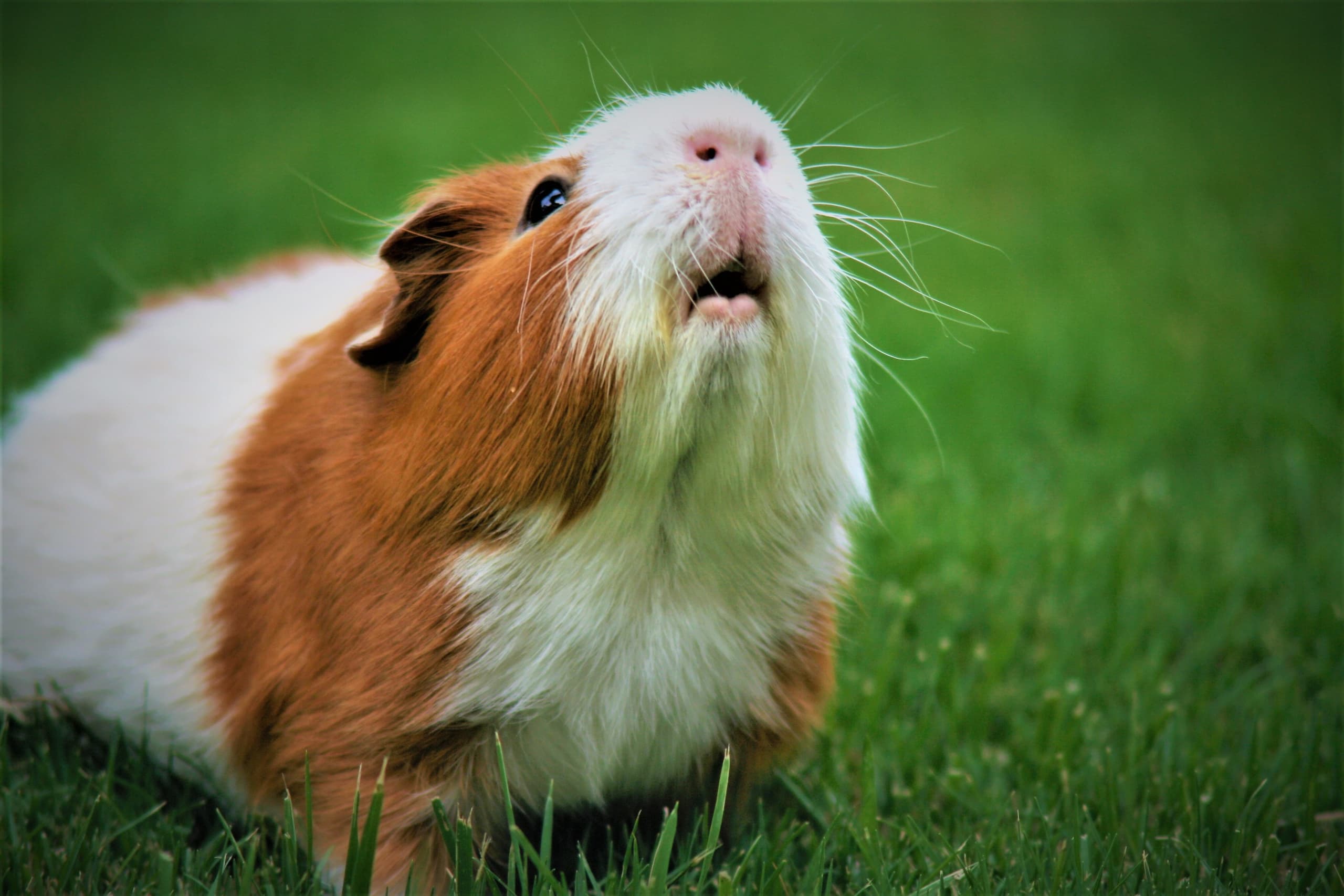So you want a guinea pig. Hamsters, rabbits, cats, dogs, and humans are not your thing (or you already have them), and you’d like to add guinea pig to your list of dependents. Let me introduce, horrify, and enlighten you to the joys and challenges of owning guinea pigs in Singapore.
With temperatures soaring over 30°C and humidity levels averaging at 85%, we humans have learned to adapt pretty well to the tropical weather in our bustling city-state. Guinea pigs, however, are native to the Andes Mountains of South America and thrive in climates of 18-24°C.
An easy search of basic guinea pig care provides endless information on how to provide for these cute little rodents, but most of this material come from owners in Europe or the U.S. Owning guinea pigs in Singapore come with a unique set of challenges. In this series of articles, we will explore the following topics:
- The Basics — a quick summary
- Bedding — how popular options perform in Singapore’s humidity
- Environment — keeping guinea pigs healthy & comfortable
- Sourcing Food & Products — buy stuff without breaking the bank
- Vegetables — local produce that guinea pigs love
- Health — common illnesses in Singapore and how to deal with them
First and foremost, let’s review the basics. A plethora of information about guinea pig care is a click away online, so here’s a quick summary:
Guinea pigs…
- must have hay at all times to keep their teeth and gut in tip-top condition
- should be given timothy hay based pellets
- are sociable animals and must live in pairs or more
- do not produce Vitamin C and need vegetables or supplements daily
- require adequate space (i.e. 2×4 grids/70cm x 140cm for 2 guinea pigs)
- cannot be toilet trained and require a lot of cleaning
- require a cavy savvy vet when sick
Other topics will be more thoroughly explored, meanwhile, take a look at these videos and other videos on these channels for more information on basic guinea pig care:
A final note for now…
Guinea pigs are not easy pets, especially given the specialized care they require in Singapore. They are more work than a well trained dog and are expensive to upkeep as their food requirements are not native to Asia. Plus, veterinarians who are well-versed in guinea pig medicine are rare in Singapore, and those medical bills add up!
Pet stores typically do not carry adequate caging requirements nor are they well-versed in cavy husbandry. In other words, don’t trust anyone who’s trying to sell a guinea pig to you — do your research! Do not be fooled by their adorable faces; guinea pigs are actually poop machines in disguise. Be prepared to clean up after them every. single. day.
If you are undeterred by all of the above and still want these little fluffy bundles of poop in your life, give a pair a second chance by adopting! Please do not support backyard breeders or pet mills (where pet shops get their animals). When you’re ready, head on over to the next article, Everything You Need to Know About Guinea Pigs in Singapore — Part 2/6: Bedding (1). https://contributors.pawjourr.com/guineapigbedding1/
For more information and to adopt a guinea pig, please visit Guinea Pig Rescue Singapore: https://www.facebook.com/guineapigrescuesg/
Consider looking at this online store for Guinea Pig approved paraphenelia: https://modernguinea.com/
*I am not associated with or sponsored by any of the above organizations
Drop by my instagram for candid pictures and say hi! https://www.instagram.com/mapetitemenagerie
* This blog is designed to be a community where pet owners can learn and share. The views expressed in each post are the opinion of the author and not necessarily endorsed by Pawjourr. Always consult your veterinarian for professional advice.
